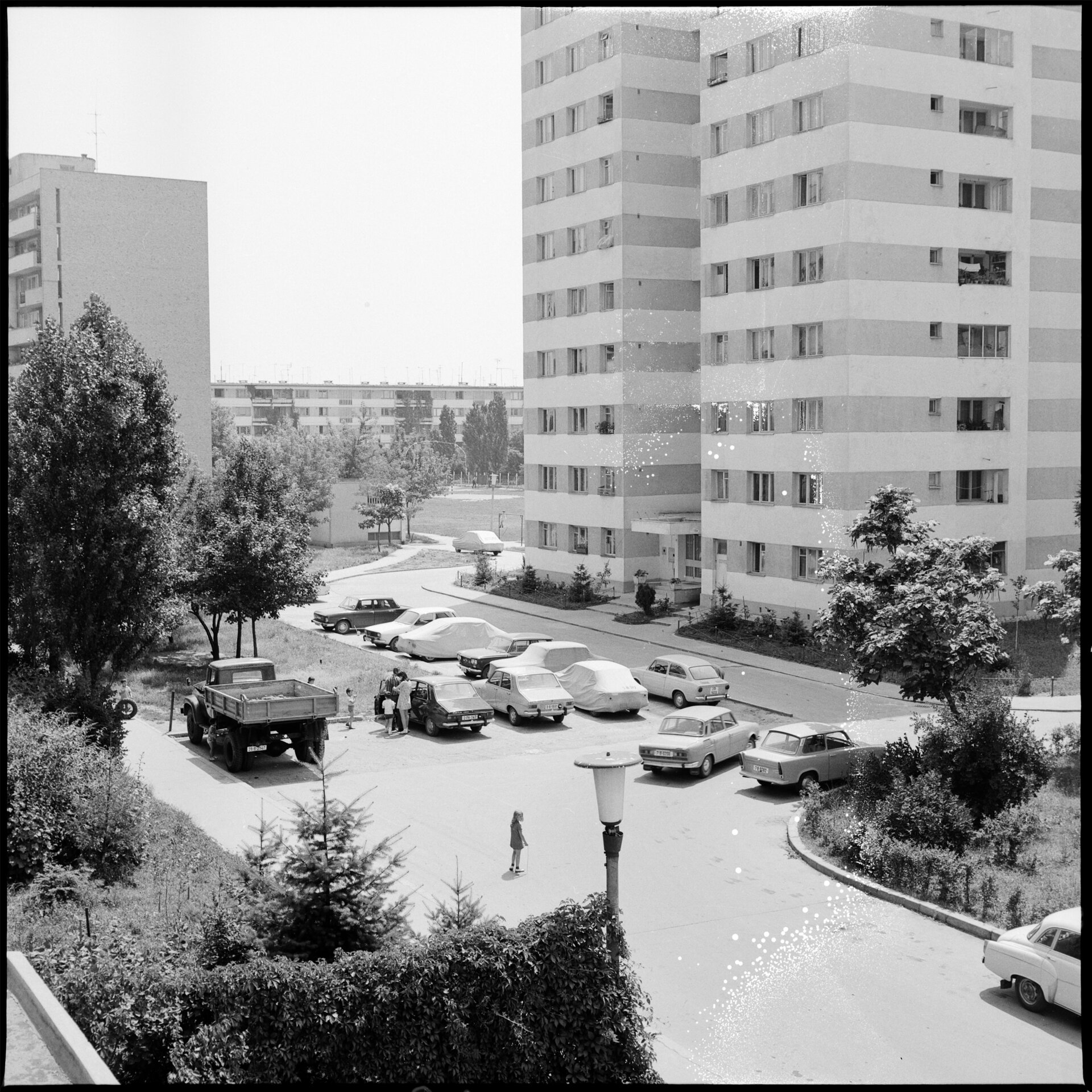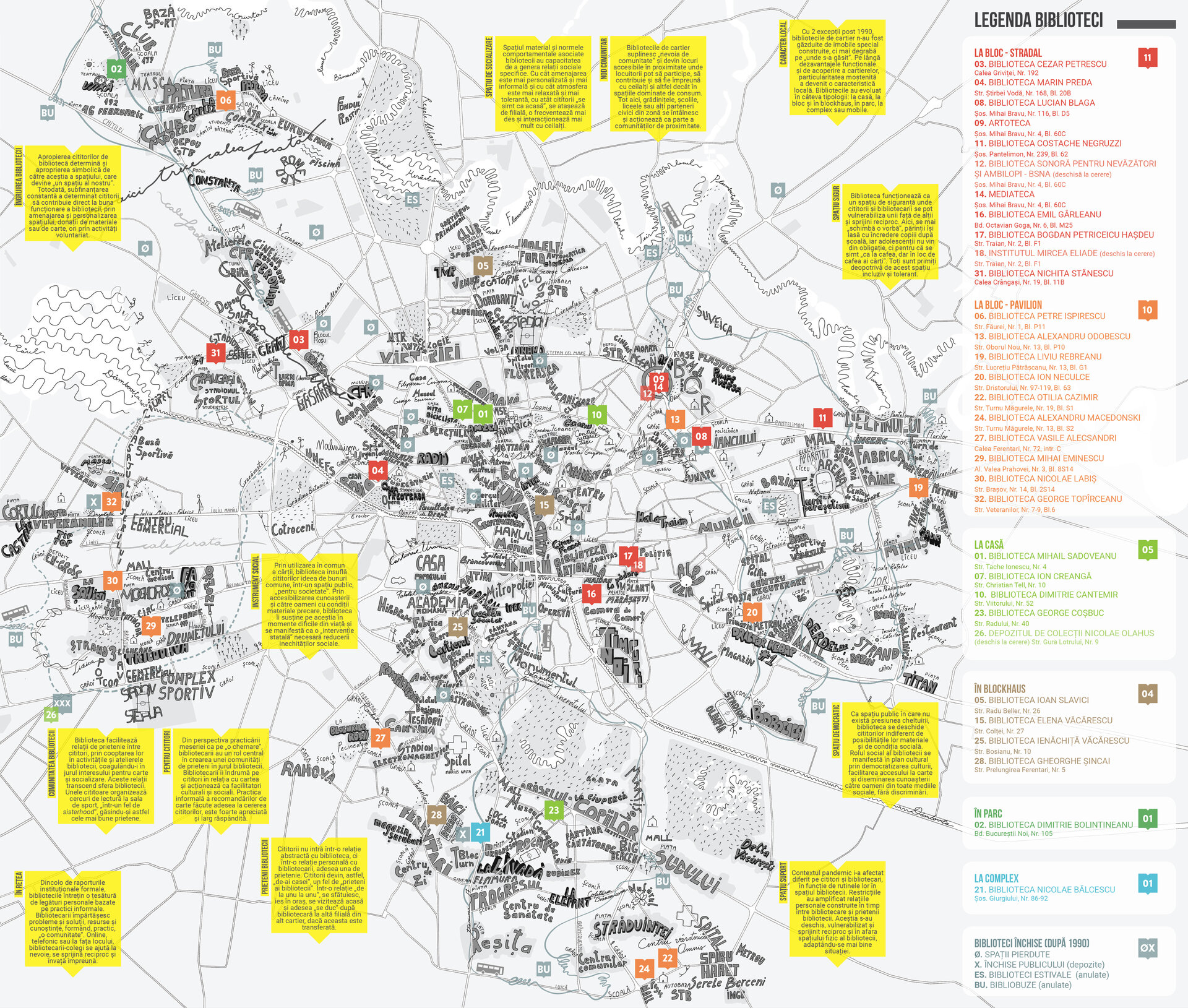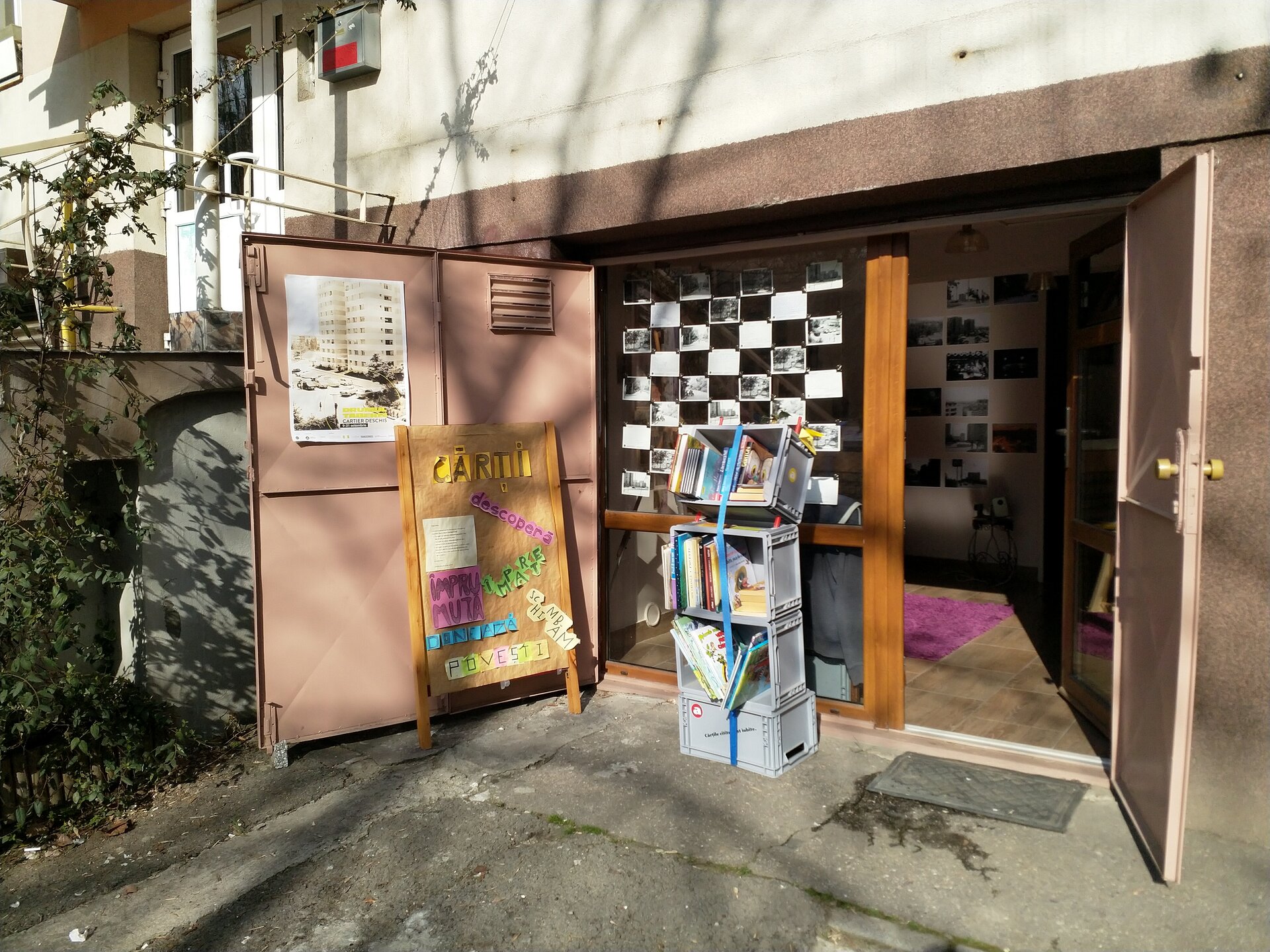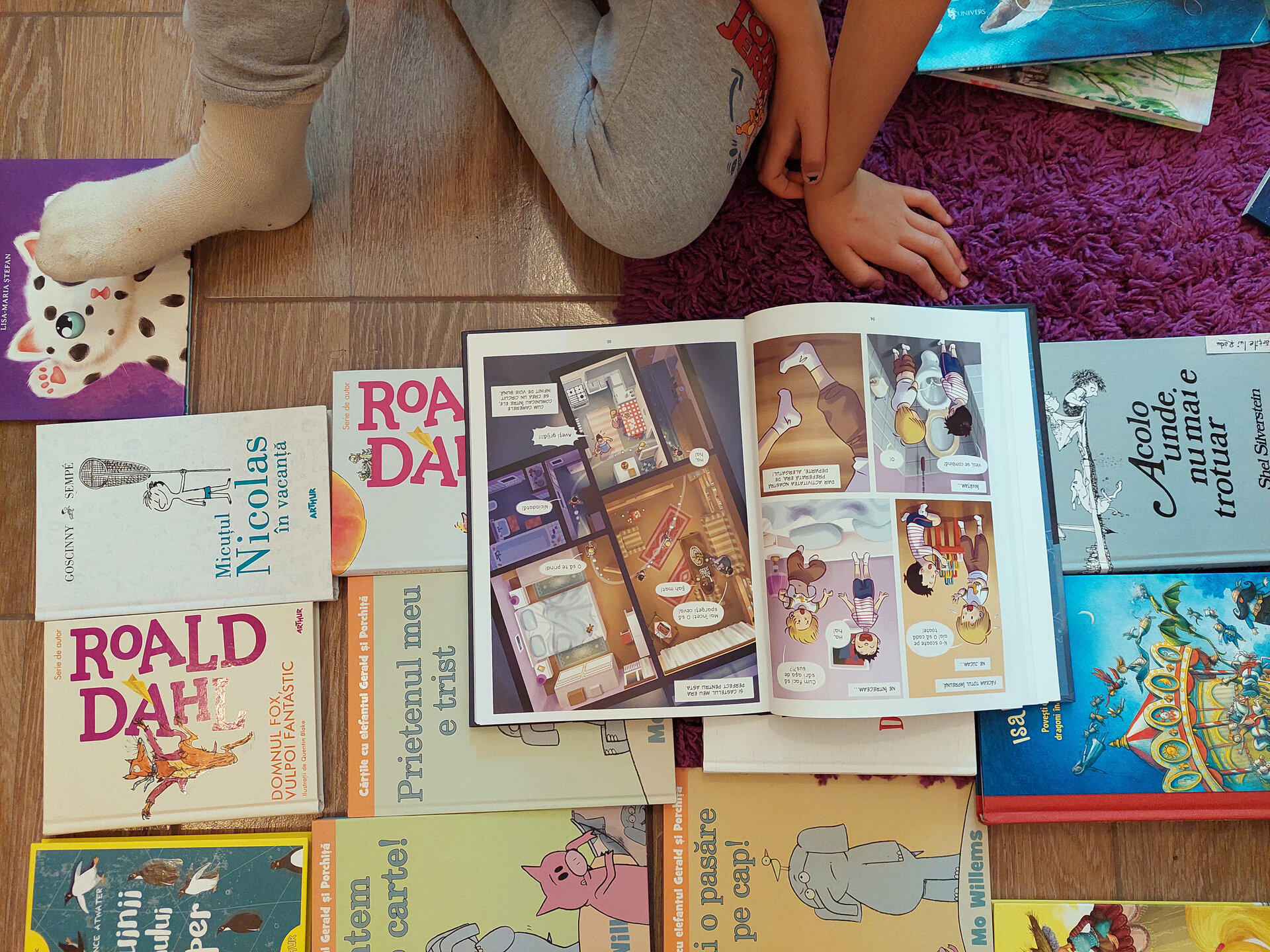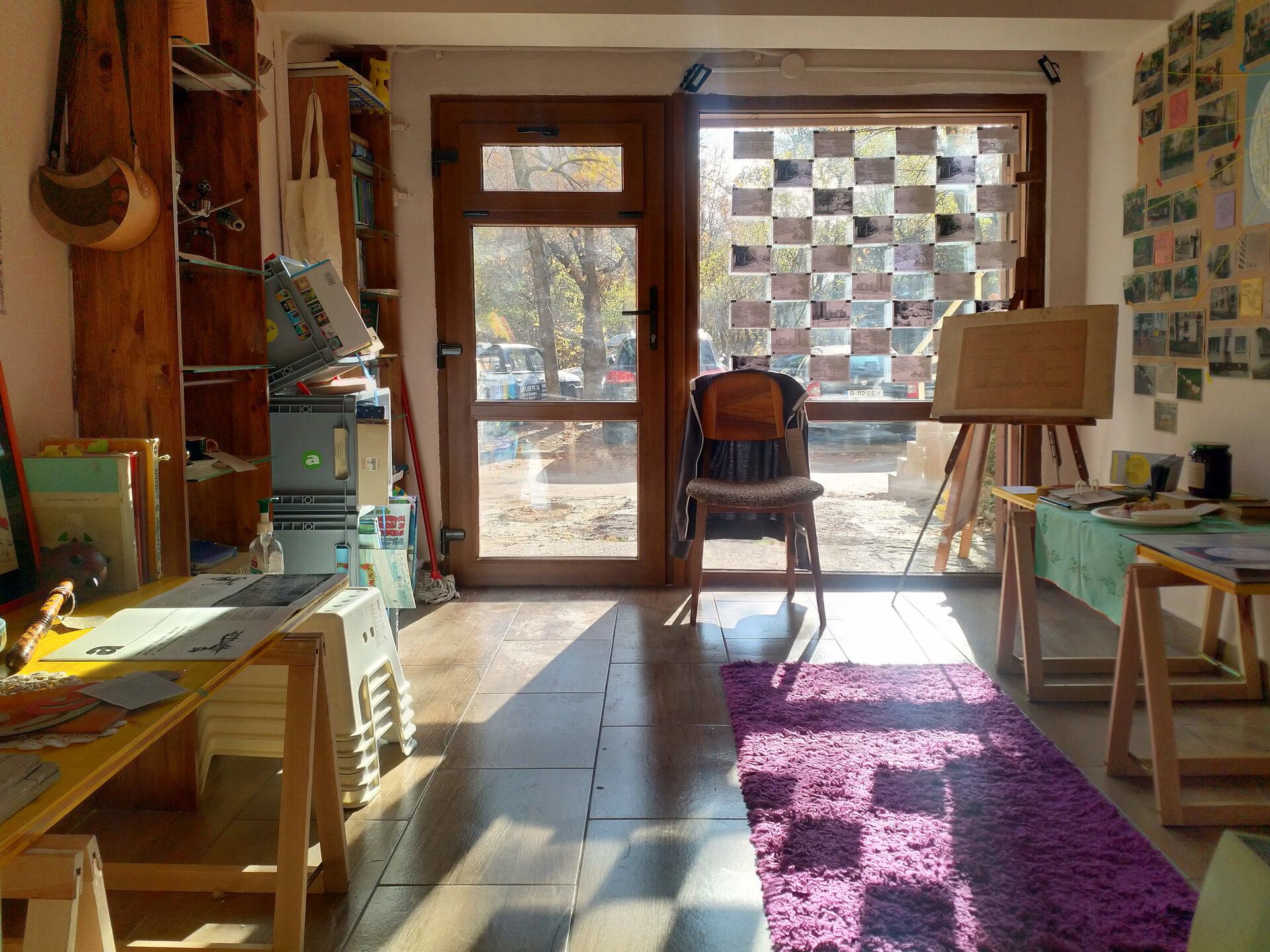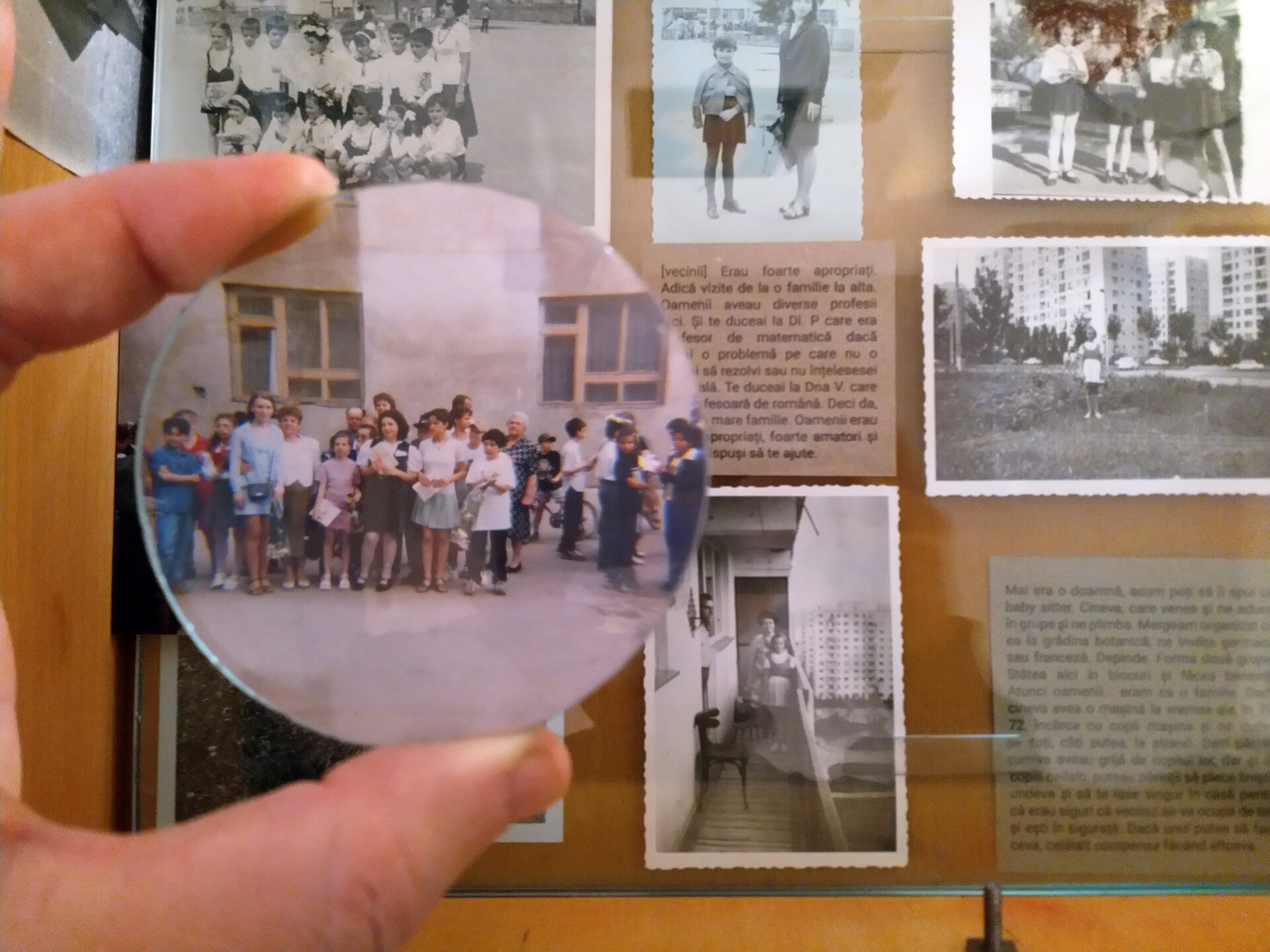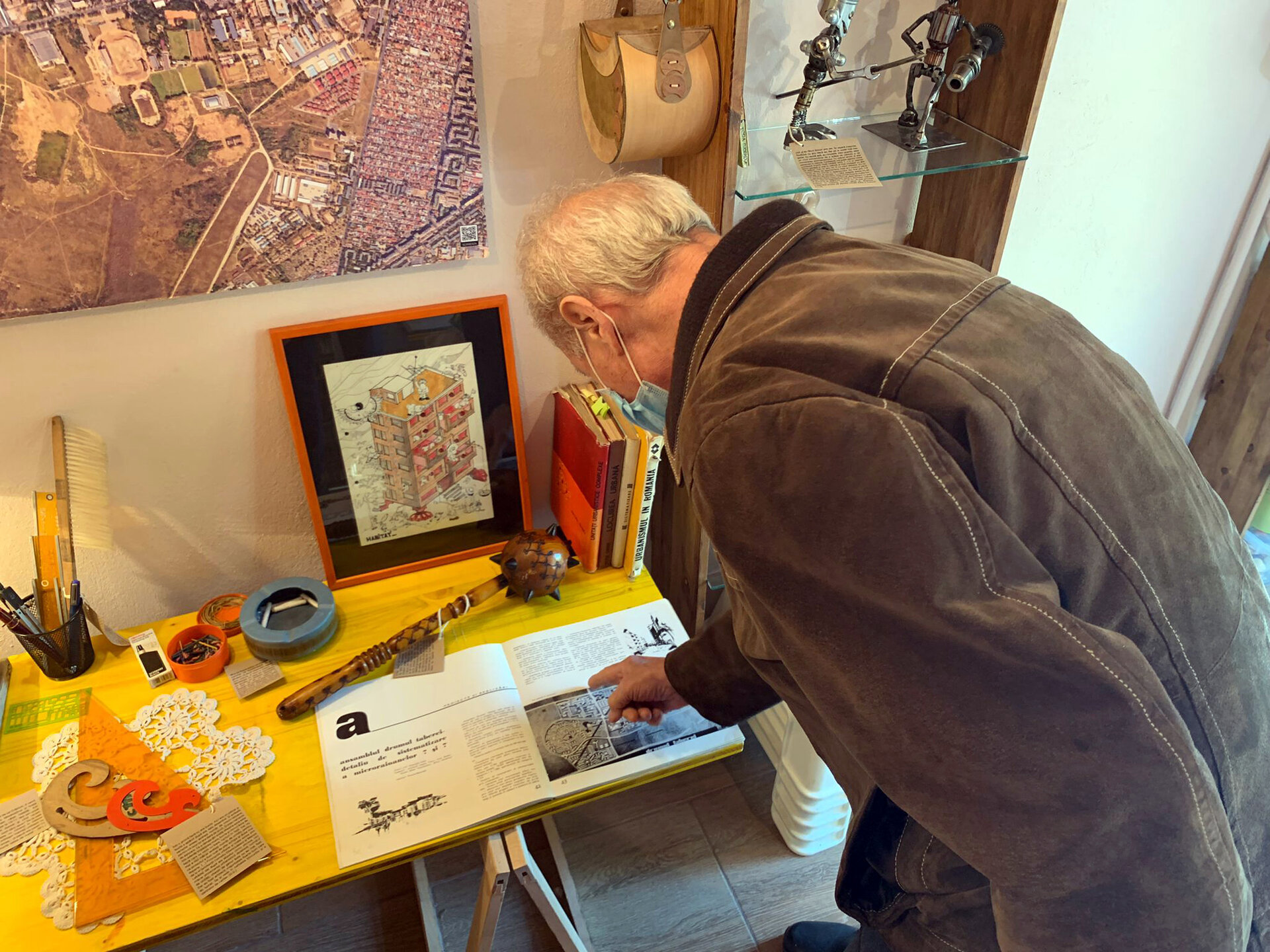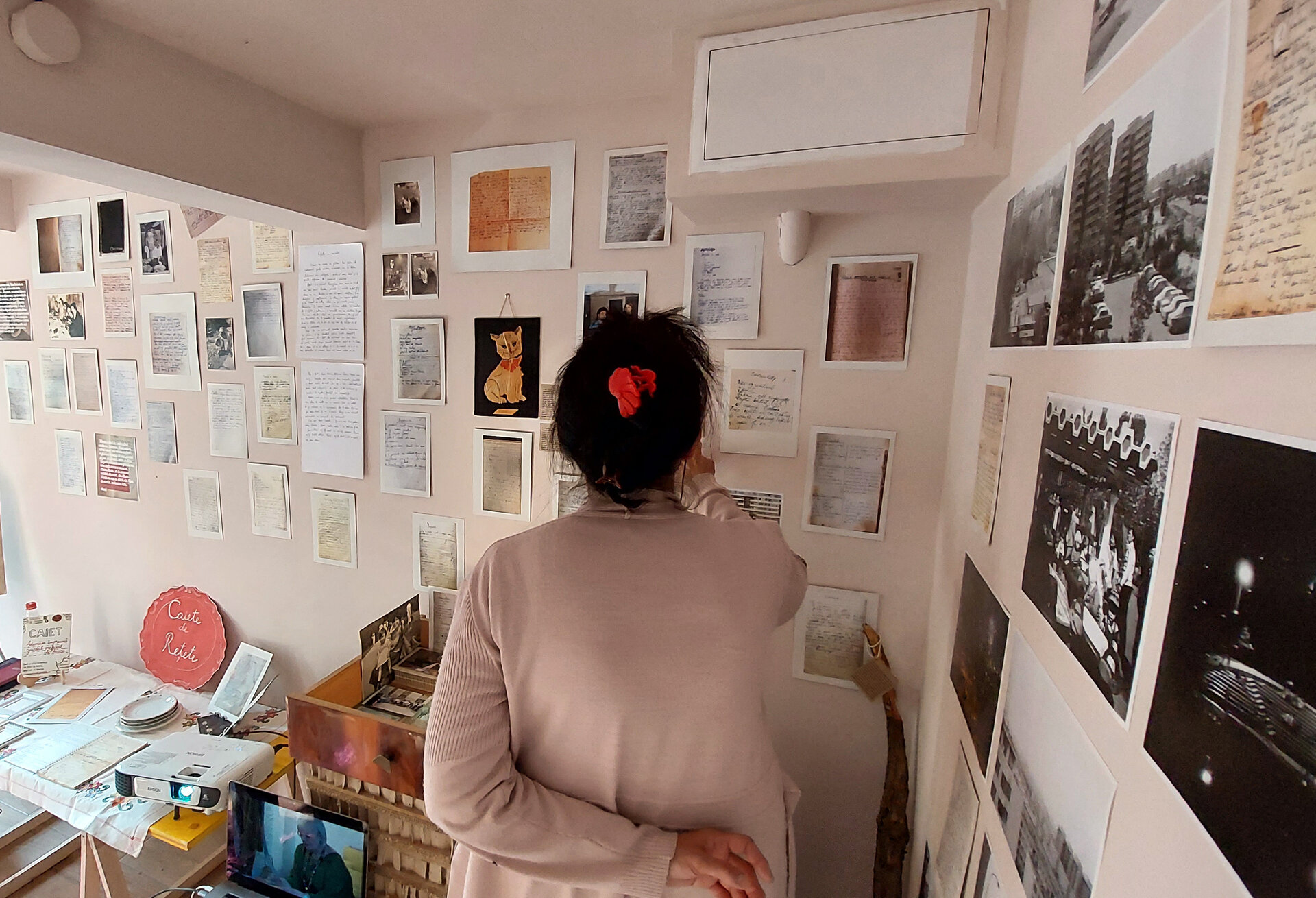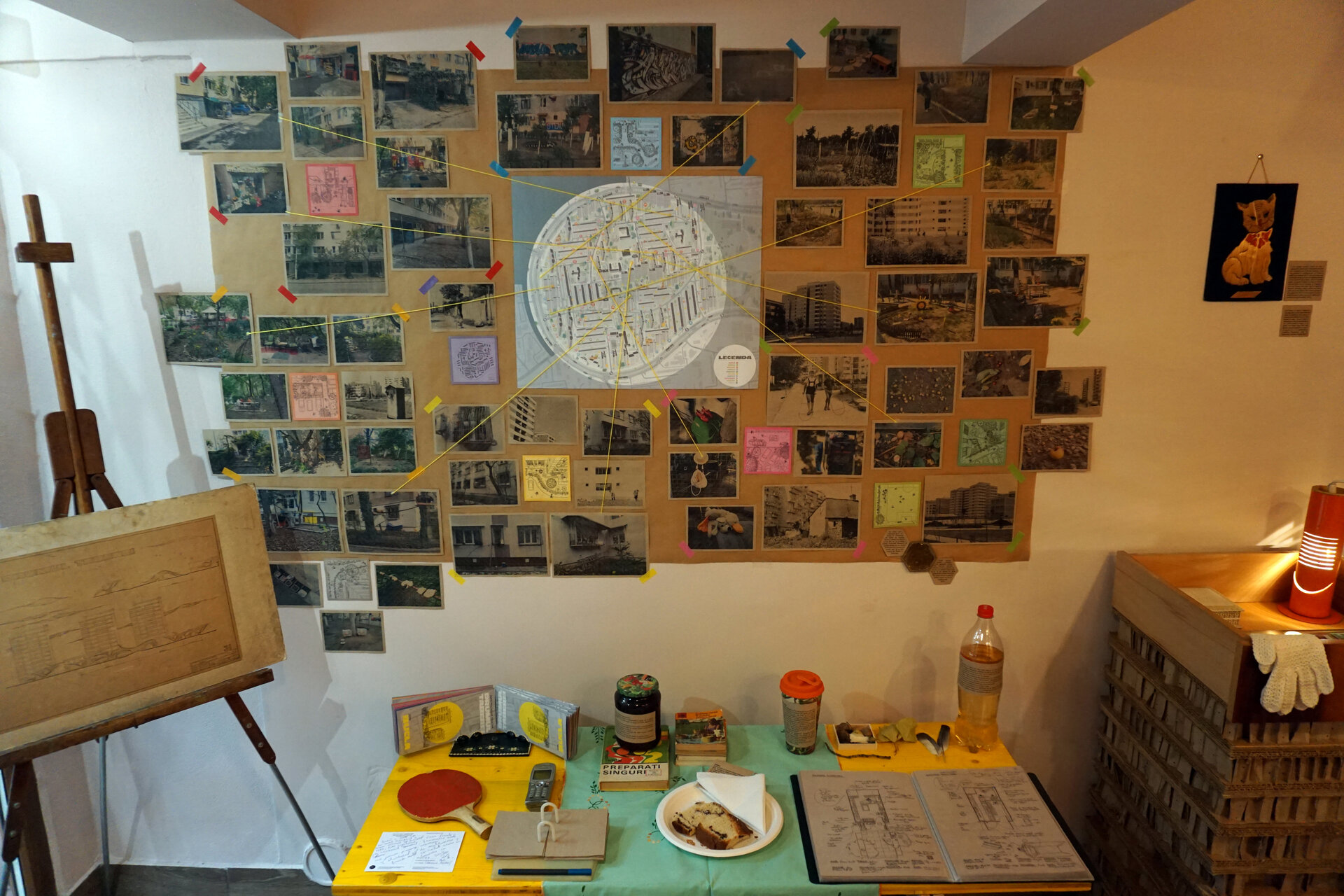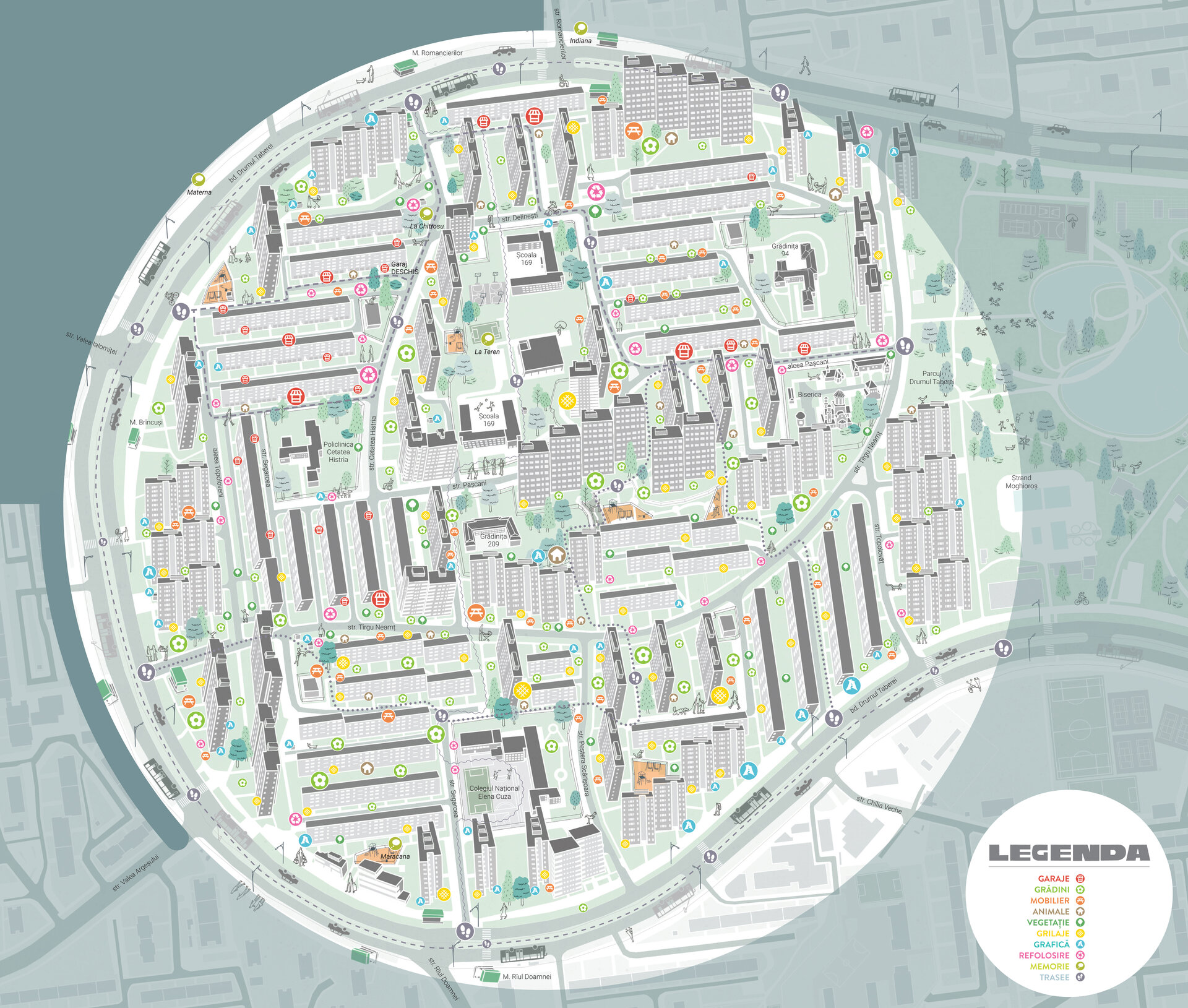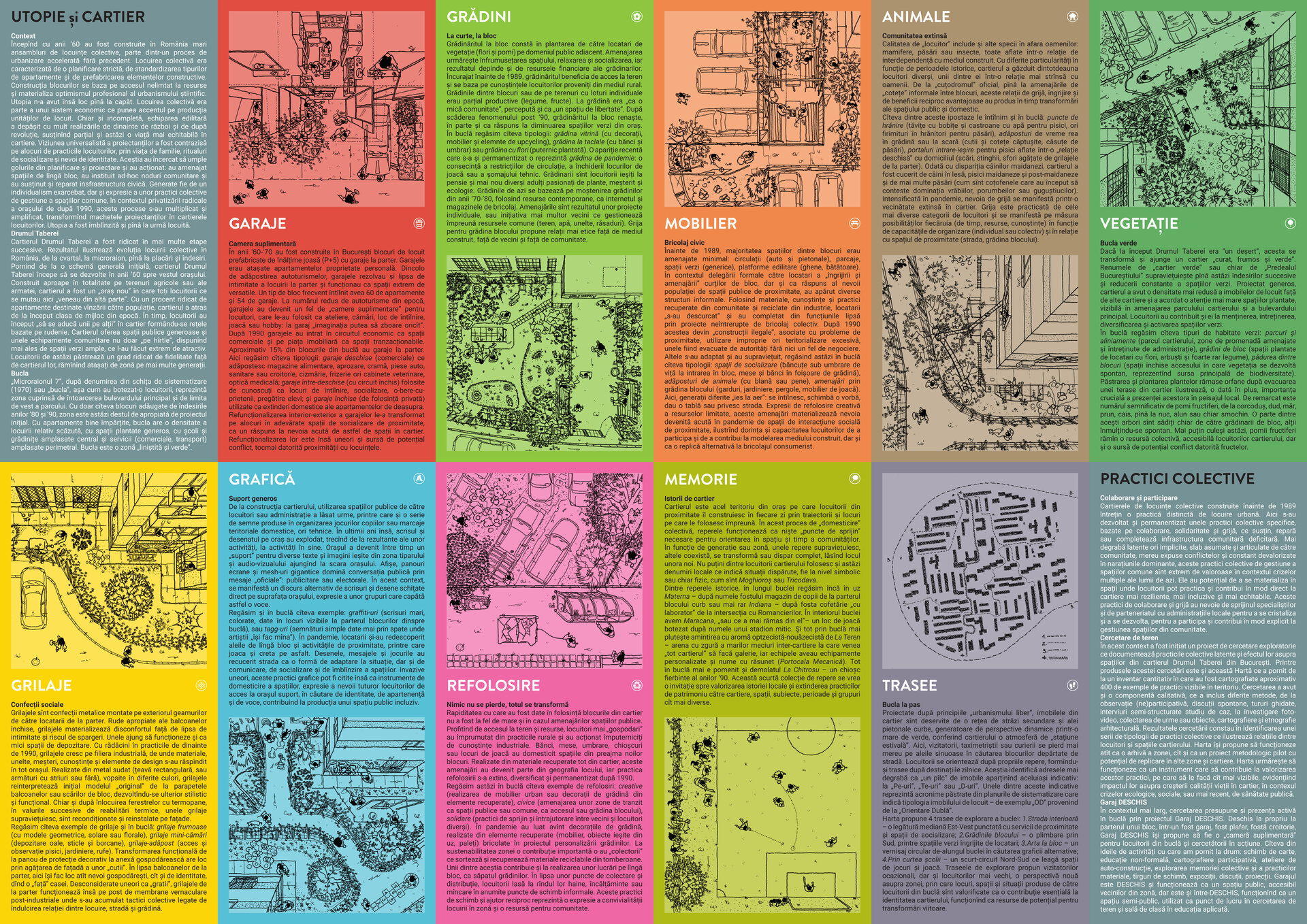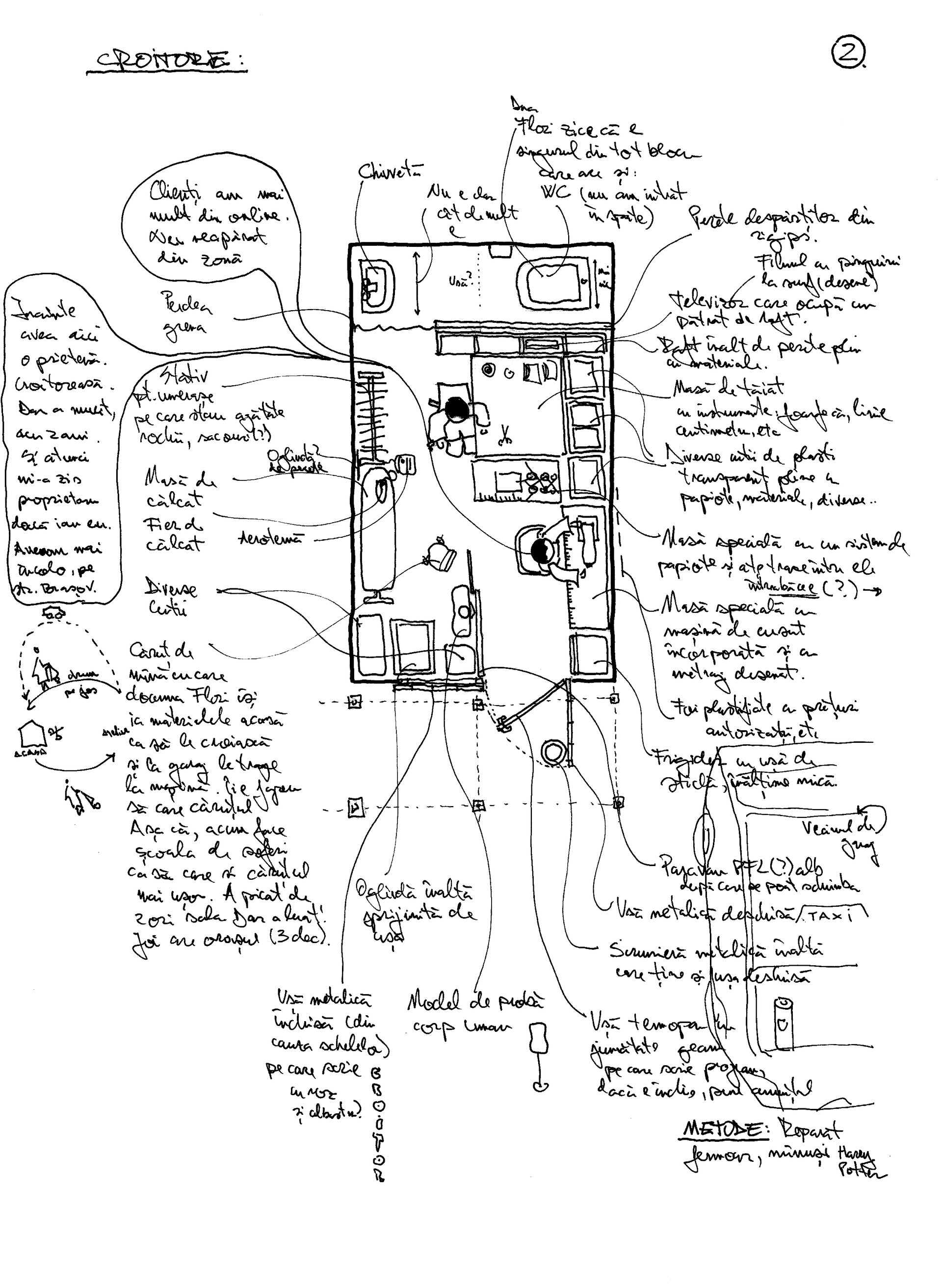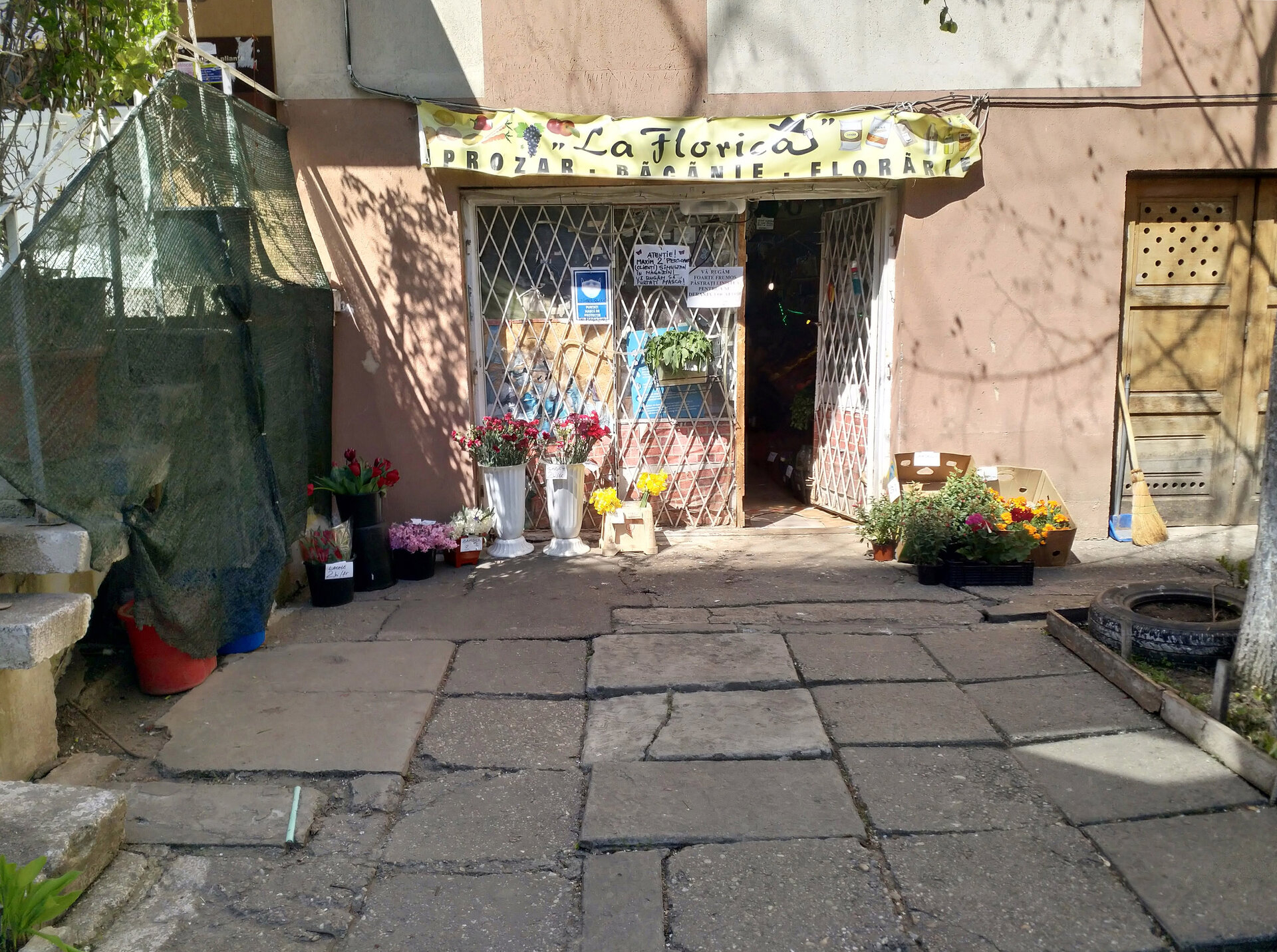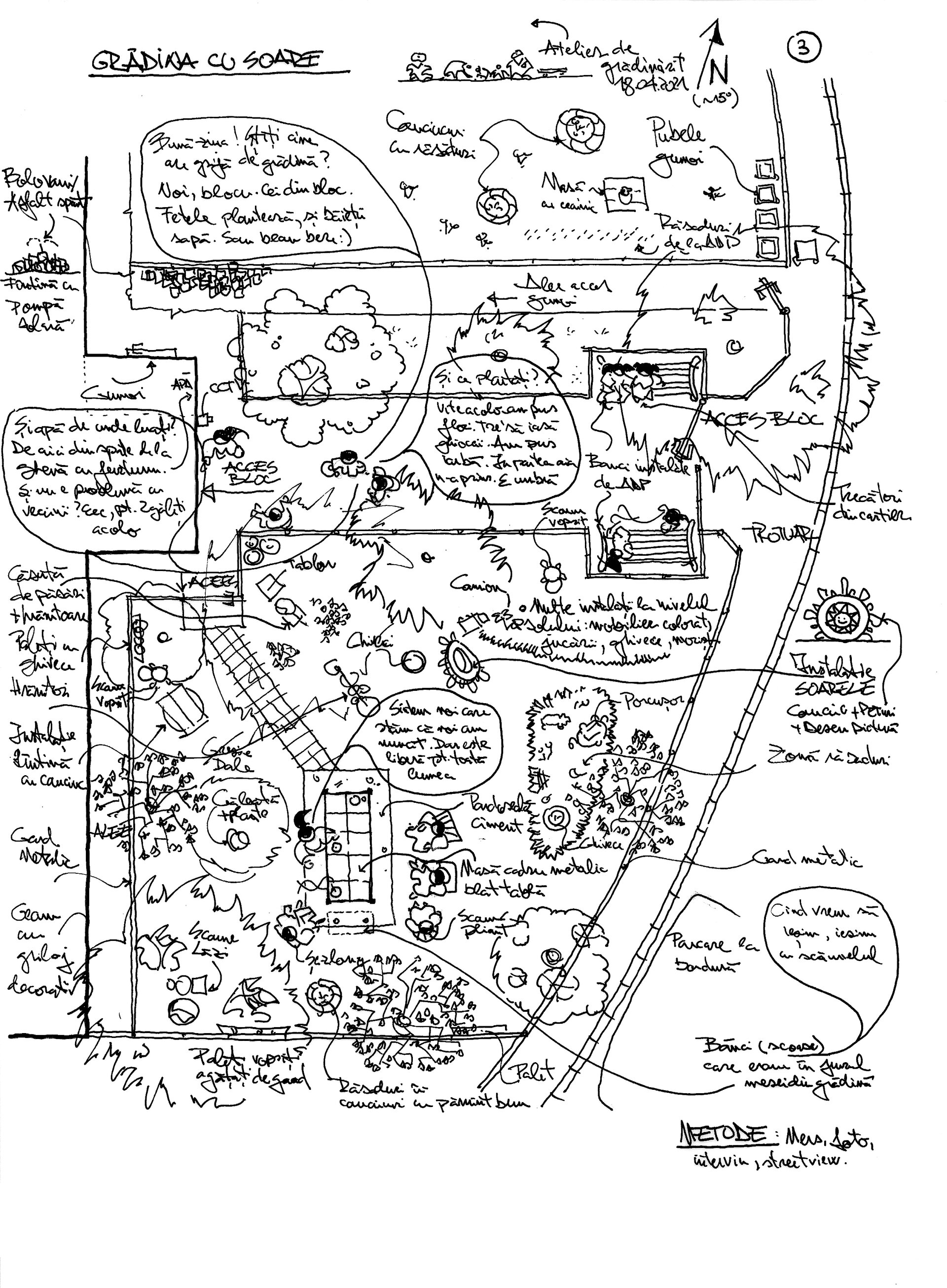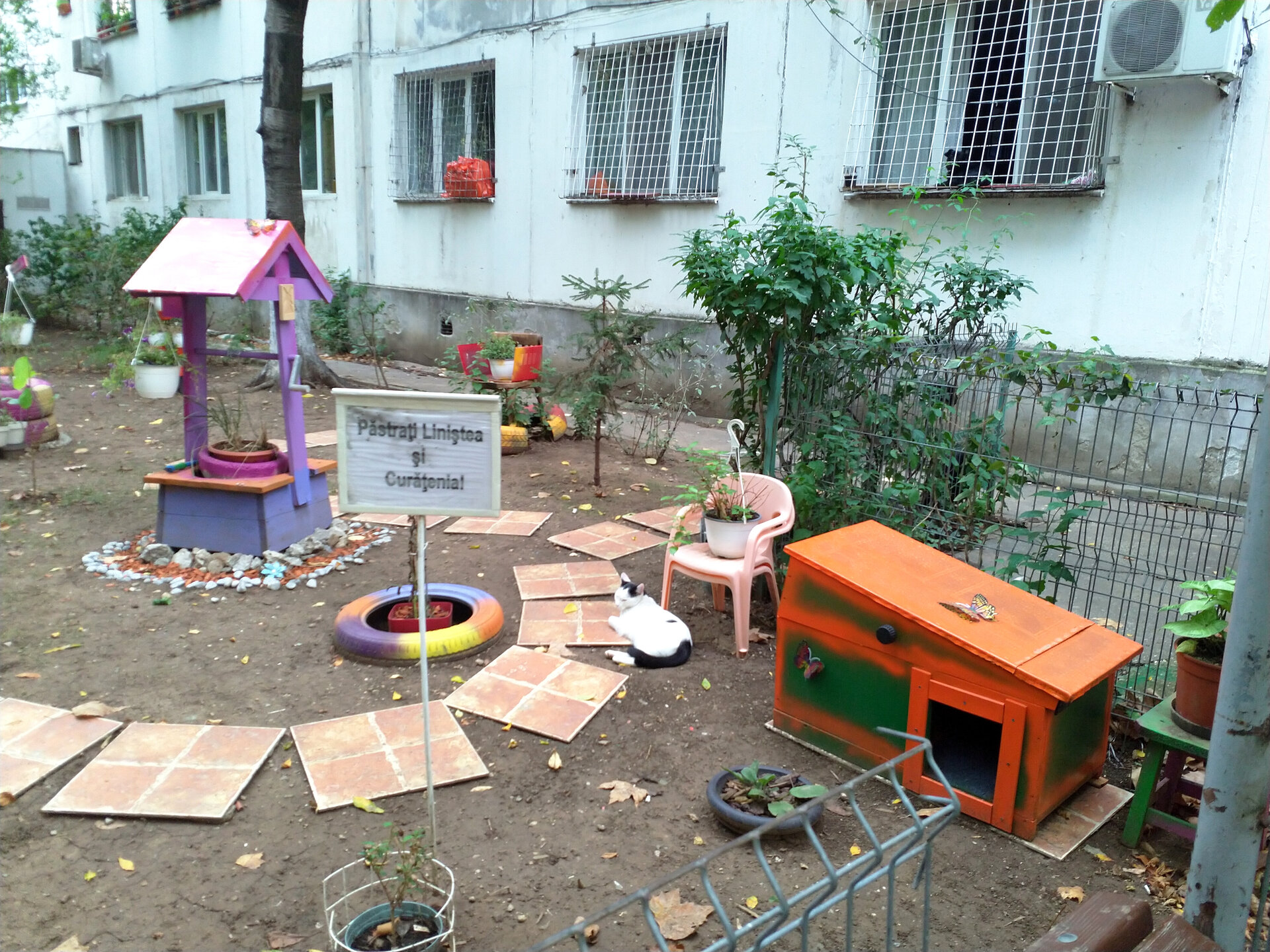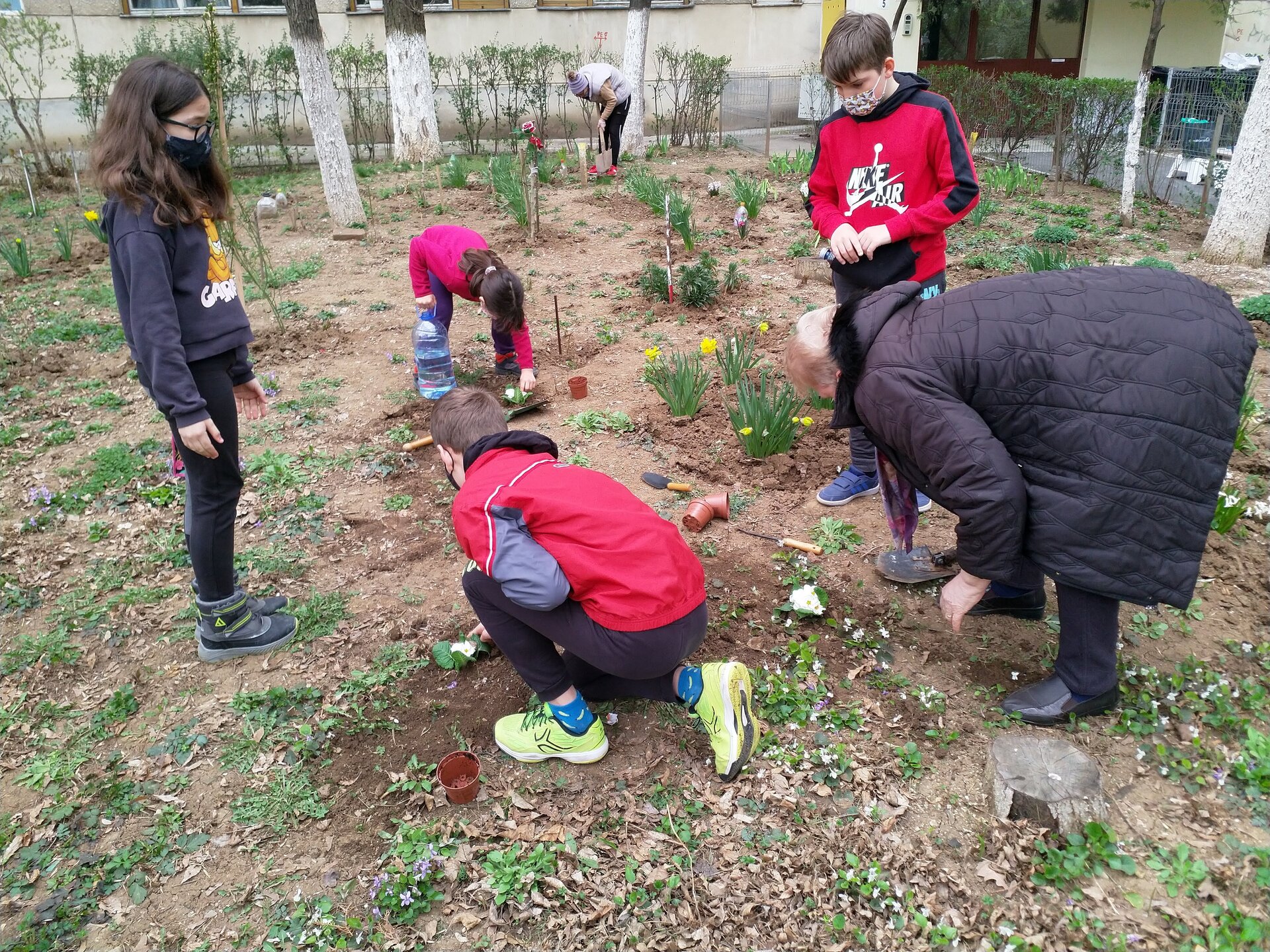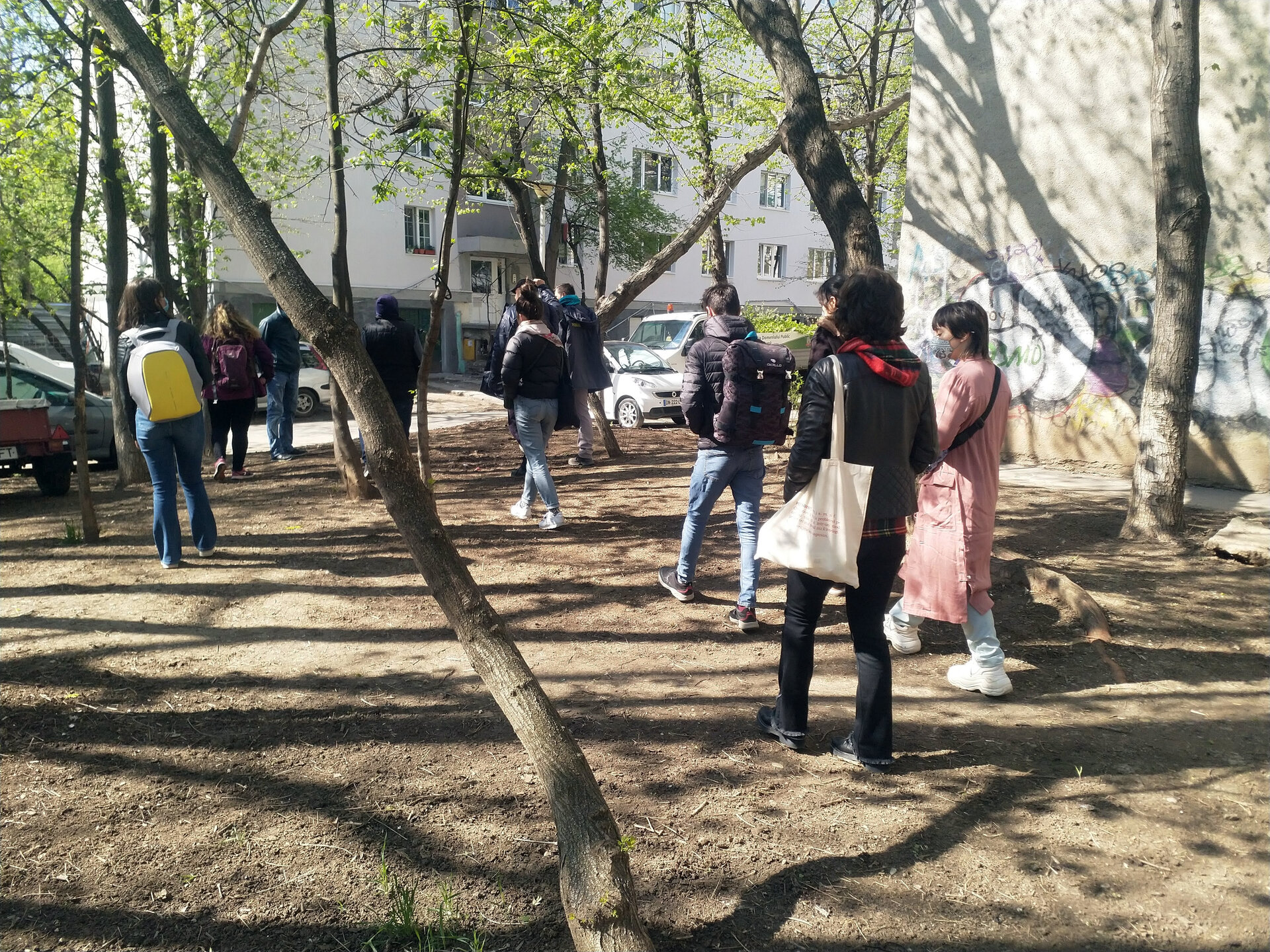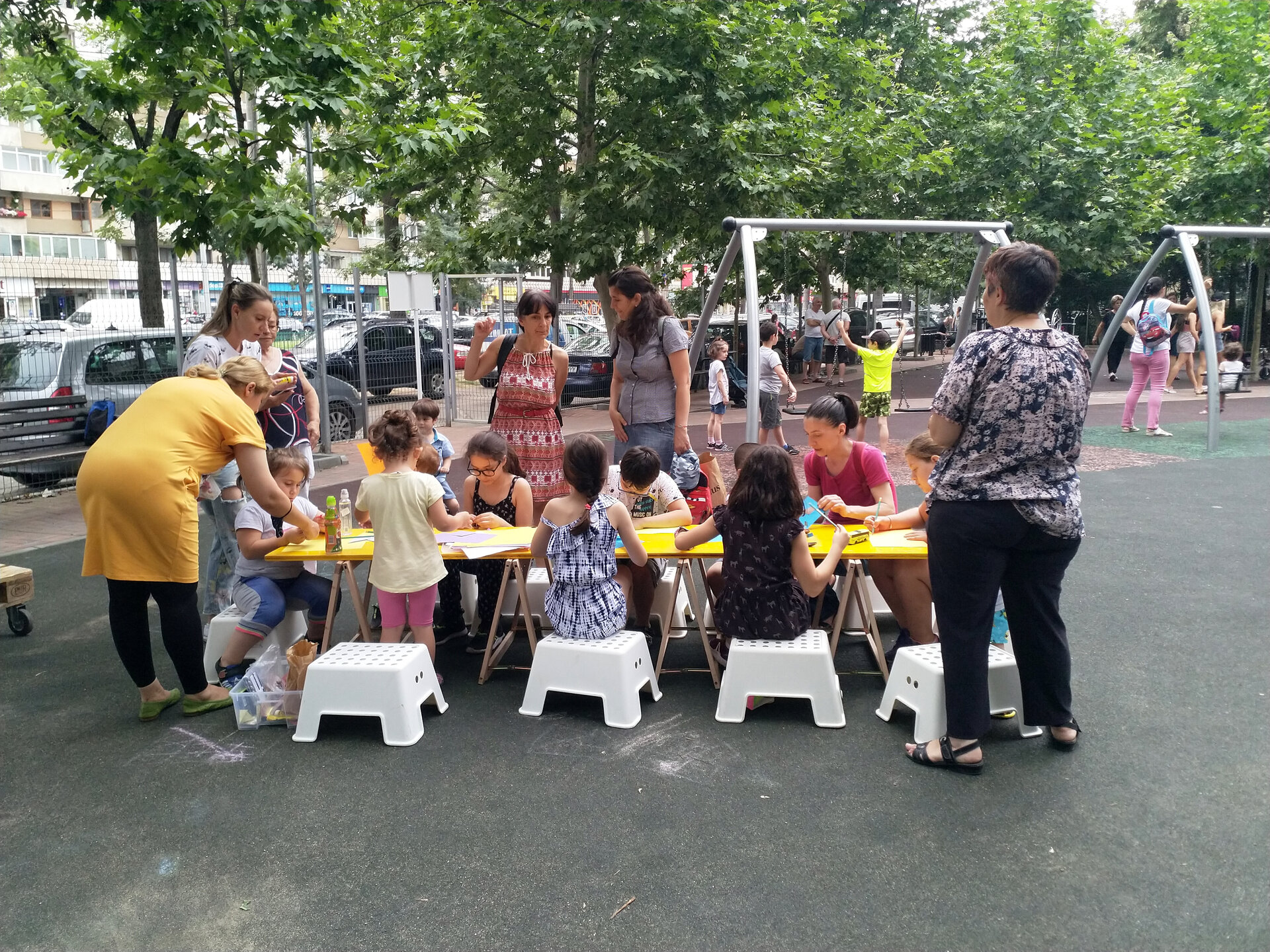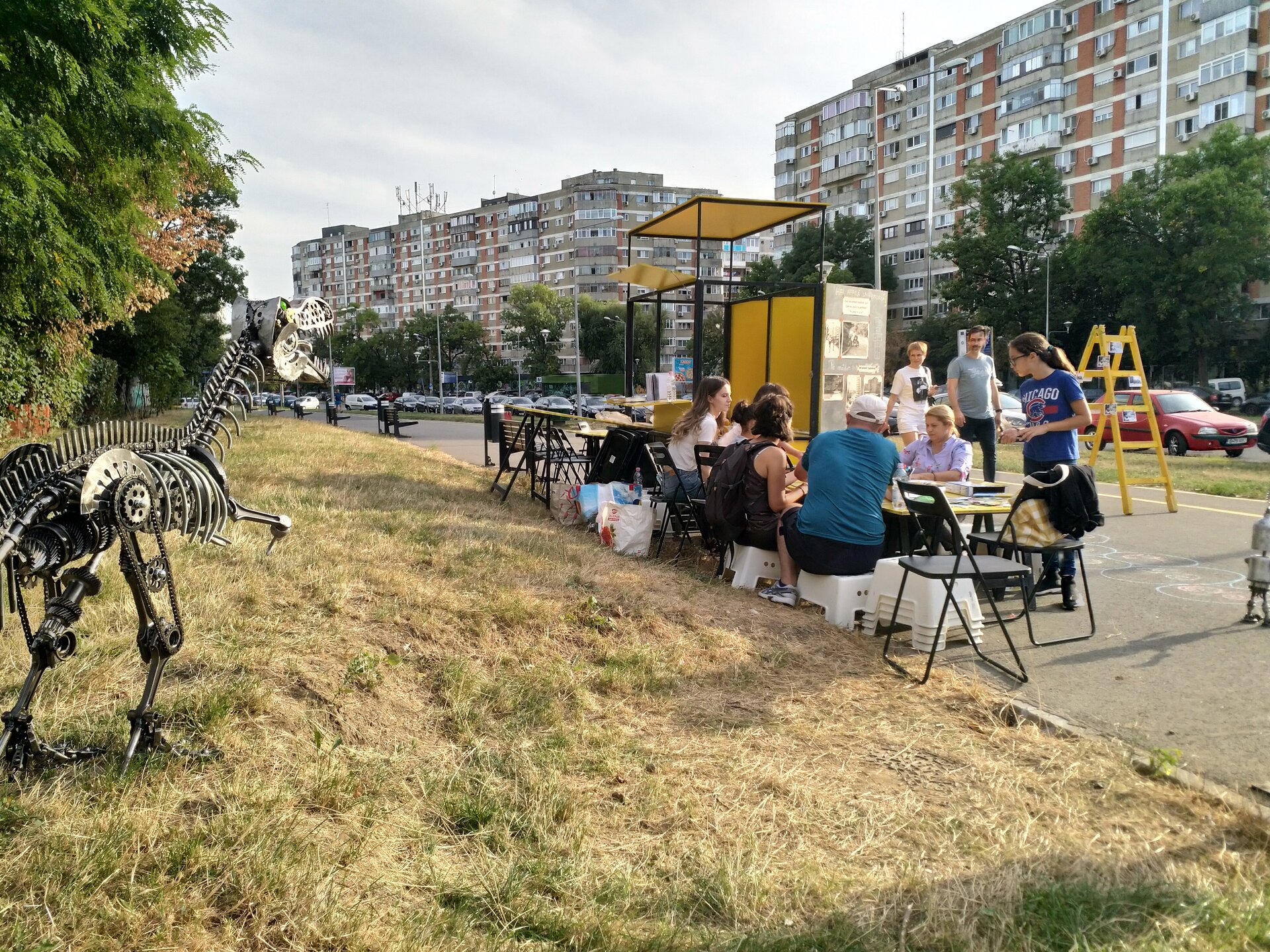
- Prize of the “Research through Architecture / Architecture and Experiments” section
OPEN Garage
Authors’ Comment
Starting from the 1960s, large collective housing estates have been built in Romanian cities. The principles of modernist urbanism were radically applied by the socialist state, in an attempt to materialize utopia. However, the planning was diverted by an economic model focused more on the production of housing units and contested by inhabitants’ rejection of a standardized lifestyle. The bankruptcy of utopia was in fact the chance of the new ensembles, which thus became neighbourhoods. In the gaps left by planning, design and management, the inhabitants intervened, and through informal practices they repaired and cared for the common goods. Thus, they appropriated the spaces and transformed the designers' utopia into a home in the neighbourhood.
In this context, opened since November 2020, on the ground floor of a block of flats in the Bucla (the Loop) area of in Drumul Taberei, in a former garage, former herbal shop, former tailoring, OPEN Garage aims to be a laboratory for research and activation. Joining the local practices, through which residents transform garages for their needs, into commercial, small services, meeting, workshops or relaxation spaces, OPEN Garage is an "extra room" for the community. This is where locals, action researchers, artists, educators or students intersect. Thus, OPEN Garage is a hybrid space, a research based proposal for a community infrastructure, situated in the context of collective housing district.
The project space grew through cultural activation, applied education and action research. In the beginning, we opened a Garage Library for children and teenagers, from our own contributions, neighbours or publishing houses’ donations, followed by a series of educational workshops with readers. Furthermore, activities and research were expanded by a diverse team. Parallel with the space activation, we started documenting informal practices in Bucla. The research included applied education, as a Garage School, which was attended by landscape and anthropology students. The results evidenced the key role played by the informal practices of managing common spaces, as manifestations of the residents' attachment to their neighbourhood. In the end, we opened a Garage Exhibition, consisting of objects, photographs, installations and artworks related to the researched themes. Following the exploration of the area we drafted a Map of Collective Practices and released a series of Videos about the design and use of the neighbourhood. We expanded activities out of the garage and organized a series of Storytelling Workshops around reading and DIY in a nearby playground and we opened the Trailer on Bucla, within Street Delivery 2021.
In the context of discouraging informal practices, which compensate for the chronic lack of community spaces, research from the garage door seeks to illustrate, connect, support and to articulate the role of these practices as highly valuable local resources. At the urban scale, the project participates in the adaptation of the functionally segregated microrayon and experiments with the integration of housing and cultural-educational facilities within "social infrastructure" networks of proximity. In the future, the Garage can test new ways to become more active in the network of civic spaces in the neighbourhood, functioning more of an "Urban Living Lab (ULL)".
- OPEN Garage
- The „Bătător plus”
- Living Danube Limes
- Govora Heritage Lab
- Year One. First Year. Model / Vocabulary /Tools
- IMUAU Summer School. Schönberg 2022
- Tradition and tehnology. The digital documentation of the Ensemble of the Fortified Church of Dealu Frumos
- Pherekyde's Courtyard
- Water to wine
- Millipede
- Eliminating the median area between traffic lanes
- Football as Infrastructure of Democracy
- In-Visible Venice - An architectural comparative journey thru Italo Calvino's projections
- ELEMENTS - Sibiu Summer School 2022
